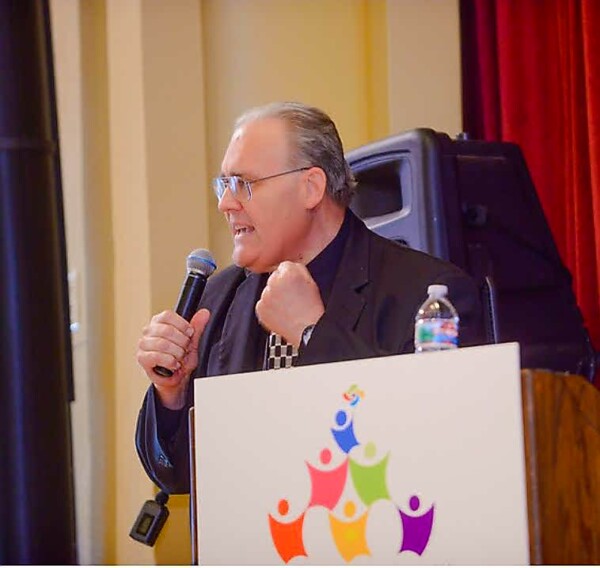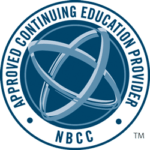Dr. Robert Rhoton’s call to action speech at the 4th Annual Adverse Childhood Experiences (ACEs) Forum:
For the last 10 years, Phoenix Children’s hospital and the ACE consortium have been striving to increase understanding of the impact of early life adversities in our community. The consortium has done this largely without funds. As a volunteer driven grassroots organization that shares knowledge and invites the community to become active agents of change. Change to improve the trauma-sensitive functioning of multiple systems. In the last decade, the importance of conveying this information to the public has rocketed.
We live in a society of many systems to support the public:
- Schools
- Department of Child Safety
- Hospitals
- Community Mental health
- Juvenile legal system and probation
- Department of health services
- Public Libraries and parks
- Police and fire departments
These multiple systems serve the public and the impetus that drives these systems is a profound desire to help improve the quality of life and promote greater population health, safety and stability. These systems of care and service are full of good intentions, and that is admirable and worthy.
However, good intentions are not the same thing as good outcomes. We have a tremendous gap between what we know and what is actually employed to support people. This gap is widening almost daily, and therein lies a tremendous challenge and opportunity for each one of us.
This Gap — is emerging as a social justice issue, that what we know scientifically should be done, is so far ahead of common practice that we must ask ourselves if we are failing the public. This failure of systems is not for lack of good will, or a strong desire to be beneficial to the public. Instead it highlights the slow responsiveness of institutions and systems to embrace changes in philosophy, function and operations to incorporate this science of ACEs and toxic stress.
For 20 years we have known that early childhood adversity increases adult mental health issues, risk of drug addiction – like the opioid crisis currently in our country, reduced academic performance, relational deterioration in families, greater involvement with the legal system and complications to physical health. Yet many systems have grown complacent, stale, and resistant to adaptation. Systems that do not adapt to the increasing body of evidence are drastically under serving the public interest. If something isn’t available because it is unknown, we cannot be held accountable for that….however, if is not available but unemployed because of the tardy responsiveness of systems, that is an issue of social justice.
Go back to the institutions and systems that you work with and become a revolutionary.
Are you a revolutionary?
I was recently asked what does it take to be a revolutionary and I believe that a revolutionary possesses the following:
- Strong Beliefs
- Courage to stand and be vocal about their beliefs
- Persistent even in the face of rejection and active dislike of others
- Angry about the fact that things are not better than they are
- Want Change more than comfort
- Hard Working and Self-Sacrificing
Now I ask again…are you ready to be a revolutionary?
If your answer is a resounding YES…… what does this mean for you?
In your personal and work life ….
Question authority, ideas, philosophy, ask if there are scientific support for what is being done in the organizations and systems within which you have contact. (examples: plunging people into their history of trauma in an initial intake, teaching classroom management that is behavior over relationship focused, legal system that sees drug addiction as the problem rather than the consequence, efforts to protect children by traumatizing them and their families) . . . Become a revolutionary!
Become a student of the science, and share what you discover with someone else every day!
I understand the challenge:
- Fear you may be actively disliked for “rocking the boat”
- Or ridiculed for thinking or acting differently than your peers
- You may experience being marginalized and unappreciated.
Do not let fear and a desire to be liked, or fit in — supersede your dedication to the public well-being of those you serve. Find like minded people that can buoy you up and reach out to those people when you need support to sustain you as you militantly stand for what is right.
Looking forward to a future, where systems are designed to work with human beings who — having had a varied history of adversity, need as a consequence of that history — more thoughtful and intentional service.
Systems that are built to encourage and support optimal lives, health, and relationships. This cannot occur by accident, or through reactivity. This kind of change, requires each of us to be intentional…. deliberately choosing right action, even when doing so generates discomfort. As we so act…. we open the door for the increased health and well-being of the population as a whole.
I am asking for you to become a leader in your community, and actively build a society focused on real, measurable improvements in the quality of life and public health.
Harry S. Truman once stated, “Men make history…not the other way around. In periods where there is no leadership, society stands still. Progress occurs when courageous, skillful leaders seize the opportunity to change things for the better.”
-
Be a leader!
-
Be a revolutionary!
-
Please, do not settle for anything less for yourself!



